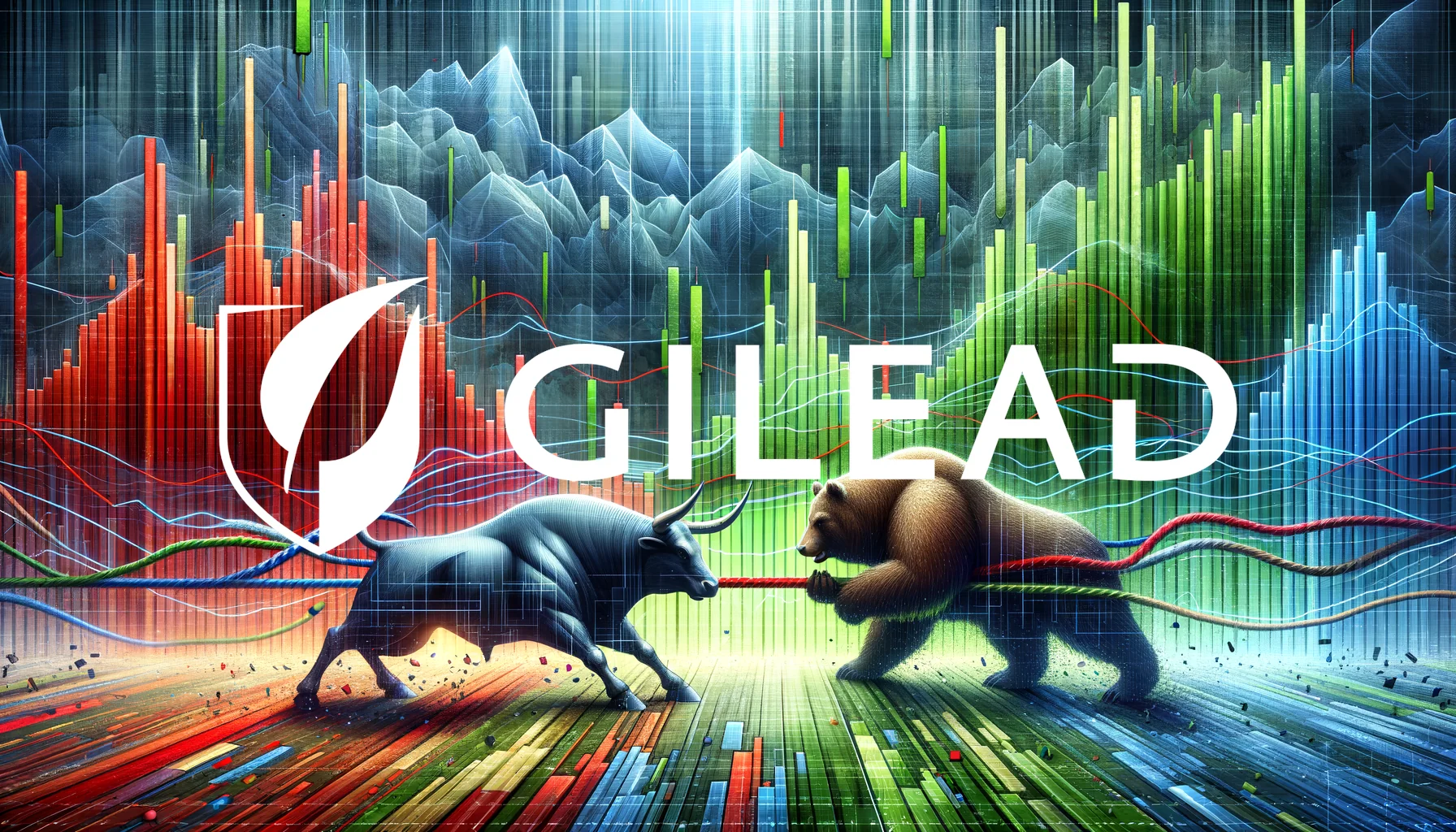Gilead Sciences finds itself at a fascinating crossroads, simultaneously posting record-breaking financial results while facing significant commercial challenges. The biotechnology giant is demonstrating remarkable operational strength, yet it continues to battle market access hurdles for its innovative therapies. This contrast presents investors with a complex picture of both immediate setbacks and substantial long-term potential.
Strong Operational Performance Amid Challenges
The company’s fundamental business health remains robust. Gilead exceeded market expectations in the second quarter, reporting earnings per share of $2.01 on revenue of $7.08 billion. Profitability metrics impressed with a 21.86% margin and a return on equity exceeding 50%. Looking ahead to 2025, management has provided guidance projecting earnings between $7.95 and $8.25 per share, indicating confidence in continued financial strength.
Market Access Hurdle for HIV Prevention Therapy
This week brought disappointing news regarding the commercial rollout of Yeztugo, Gilead’s new HIV prevention medication. CVS Health, among the largest healthcare insurers in the United States, announced it would not include the drug on its formulary. The decision was attributed to a comprehensive evaluation of clinical, financial, and regulatory considerations.
The market response was immediate, with Gilead shares declining 2.2% following the announcement. This reaction underscores the significant influence that major payers hold over pharmaceutical companies’ commercial success. With an annual price exceeding $28,000, Yeztugo represents an important revenue opportunity for the company.
Gilead has responded proactively to this setback, engaging in active negotiations with CVS and other insurance providers. The company maintains its ambitious coverage targets: 75% of insured lives by year-end and 90% within the next twelve months. Market experts note that potential inclusion in recommendations from the US Preventative Services Task Force could significantly influence payer decisions, possibly compelling broader coverage adoption.
Should investors sell immediately? Or is it worth buying Gilead Sciences?
Strategic Acquisition in Oncology Research
While addressing commercial challenges, Gilead continues to aggressively invest in its future pipeline. Through its subsidiary Kite, the company recently acquired Interius BioTherapeutics for $350 million. This transaction brings aboard a promising platform for in-vivo CAR-T cell therapies, representing a potentially transformative approach to cancer treatment.
This technology could enable the genetic modification of immune cells directly within a patient’s body, potentially making advanced cancer therapies more accessible and easier to administer. The acquisition does come with short-term financial implications, however, with expectations that earnings per share will be reduced by 23 to 25 cents in 2025. This represents a strategic investment that may pressure near-term results while positioning the company for future growth in oncology.
Mixed Valuation Signals Create Investor Dilemma
The investment case for Gilead presents contrasting perspectives. A discounted cash flow analysis suggests a intrinsic value approaching $290 per share, significantly above current trading levels and potentially indicating substantial undervaluation. The company’s price-to-earnings ratio of 22.6, while above the industry average, remains below those of direct competitors.
Analyst sentiment currently clusters around a “Moderate Buy” recommendation, with an average price target of $115.39. This mixed analytical outlook reflects the tension between Gilead’s strong operational performance and the challenges it faces in commercializing new products.
Despite recent setbacks and acquisition costs, Gilead’s commitment to growth remains unwavering. The company has announced plans to invest over $32 billion in US production and research capabilities by 2030. This substantial commitment demonstrates confidence not only in its development pipeline but also in its operational infrastructure. The critical question for investors remains when market valuation will begin to reflect this long-term strategic vision.
Ad
Gilead Sciences Stock: Buy or Sell?! New Gilead Sciences Analysis from February 7 delivers the answer:
The latest Gilead Sciences figures speak for themselves: Urgent action needed for Gilead Sciences investors. Is it worth buying or should you sell? Find out what to do now in the current free analysis from February 7.
Gilead Sciences: Buy or sell? Read more here...













